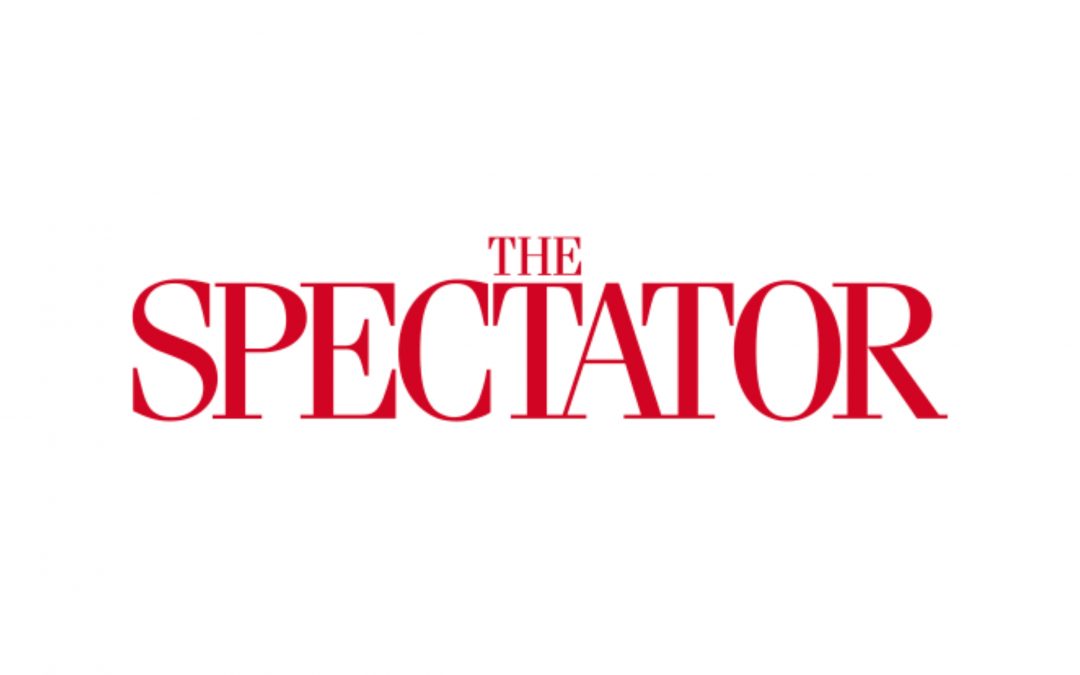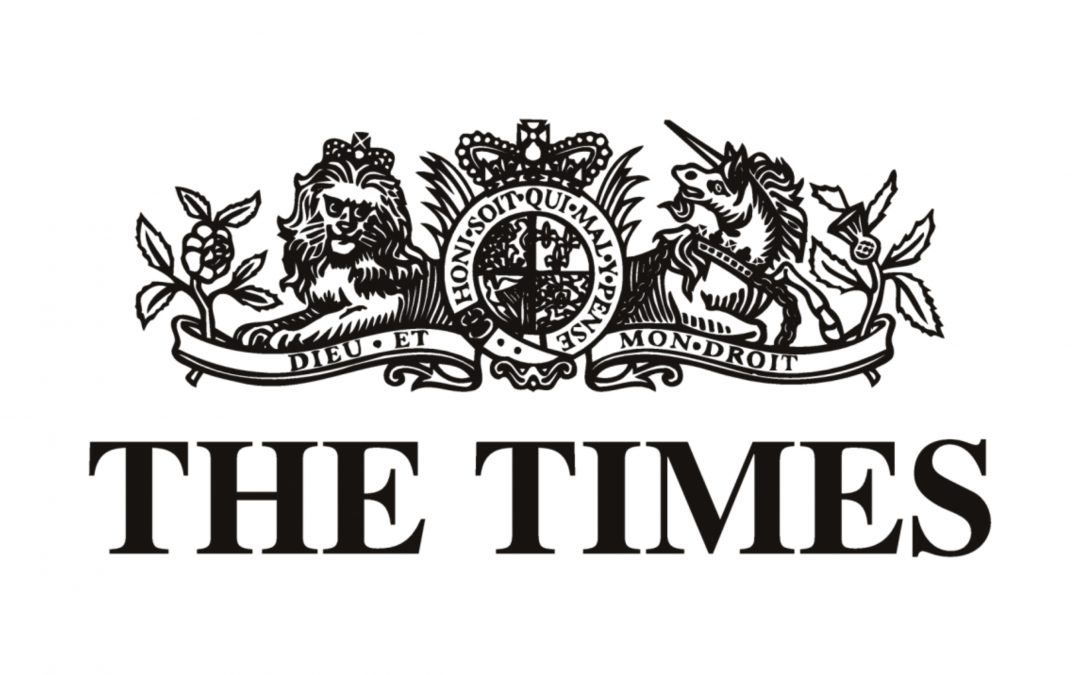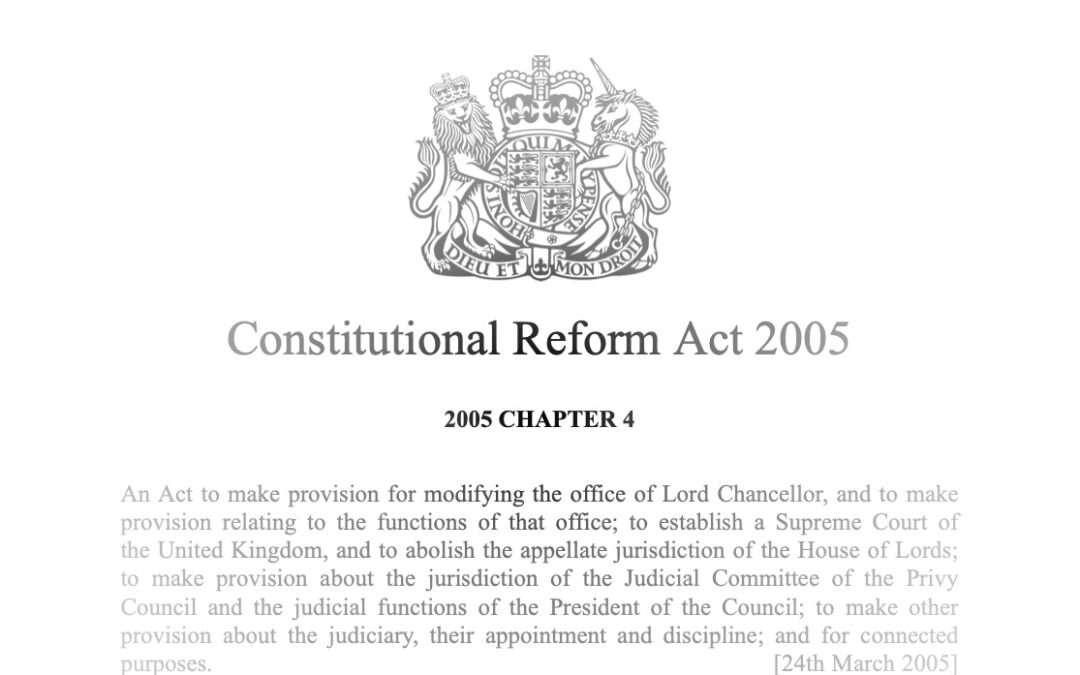
Judicial Independence, Rule 39 and the Safety of Rwanda Bill
This new paper for Policy Exchange considers clause 5 of the Safety of Rwanda Bill, which authorises Ministers to decide whether or not the UK will comply with a Rule 39 interim measure made by a judge of the Strasbourg Court. The paper considers amendments to clause...

Intimidation as Foreign Policy
How Mauritius has attemted to criminalise UK sovereignty over the Chagos Islands In 2021, Mauritius enacted a law which criminalises “misrepresenting the sovereignty of Mauritius over any part of its territory”, part of its long-running campaign against Britain’s...
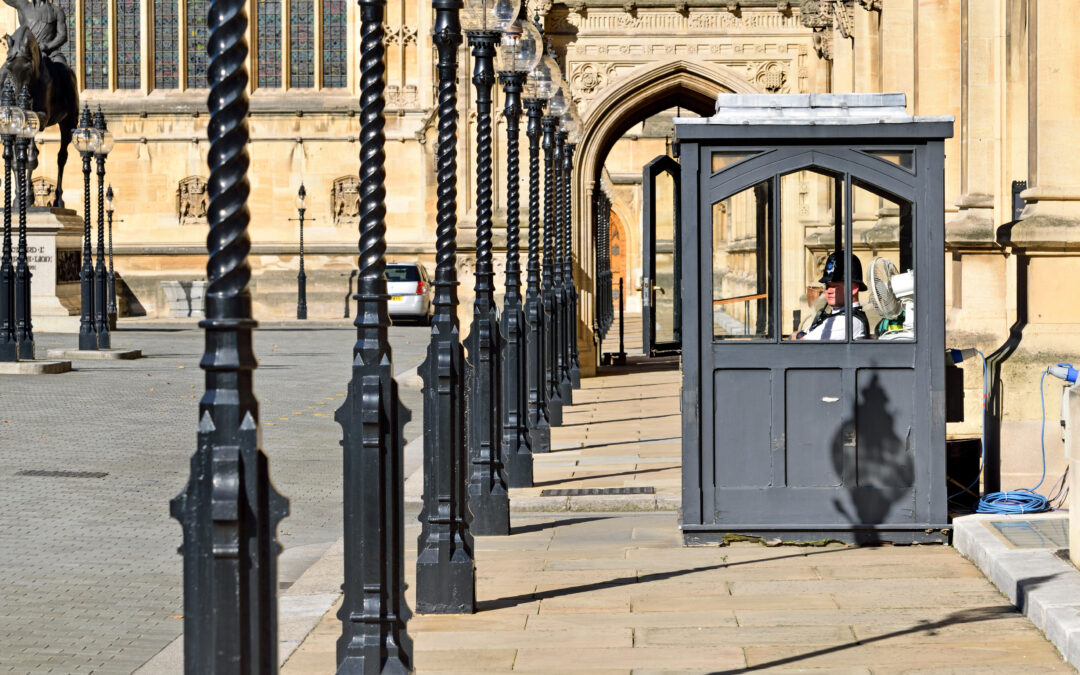
Upholding Standards; Unsettling Conventions
Upholding Standards; Unsettling Conventions argues that proposals for a statutory role for the Independent Adviser on Ministers’ Interests and putting the Ministerial Code on a legal footing would give rise to serious constitutional questions and carry substantial...
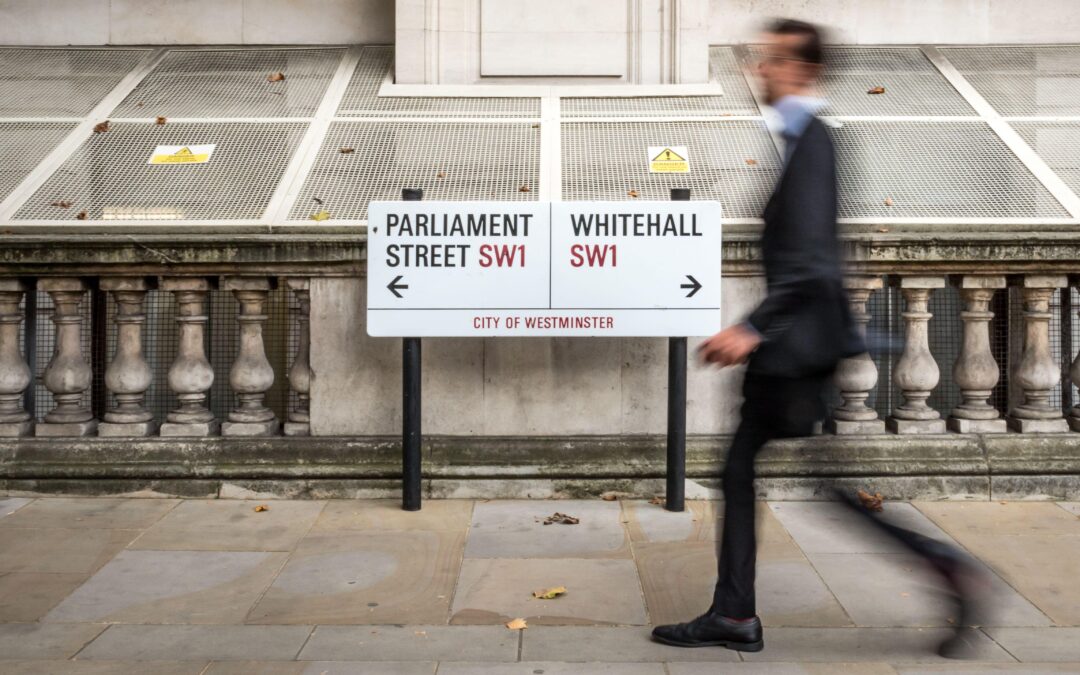
Government Lawyers, the Civil Service Code, and the Rule of Law
A new research note published by Policy Exchange today argues that there is no constitutional or legal basis for any Government lawyer, even the Attorney General, to refuse to approve the introduction of legislation to Parliament seeking to change domestic law – ...

Sovereignty and Security in the Indian Ocean
This paper makes the urgent case for the Government not to cede control of the Chagos Islands. In November 2022, the Foreign Secretary announced that the UK was entering into negotiations with Mauritius about the exercise of sovereignty over the British Indian...
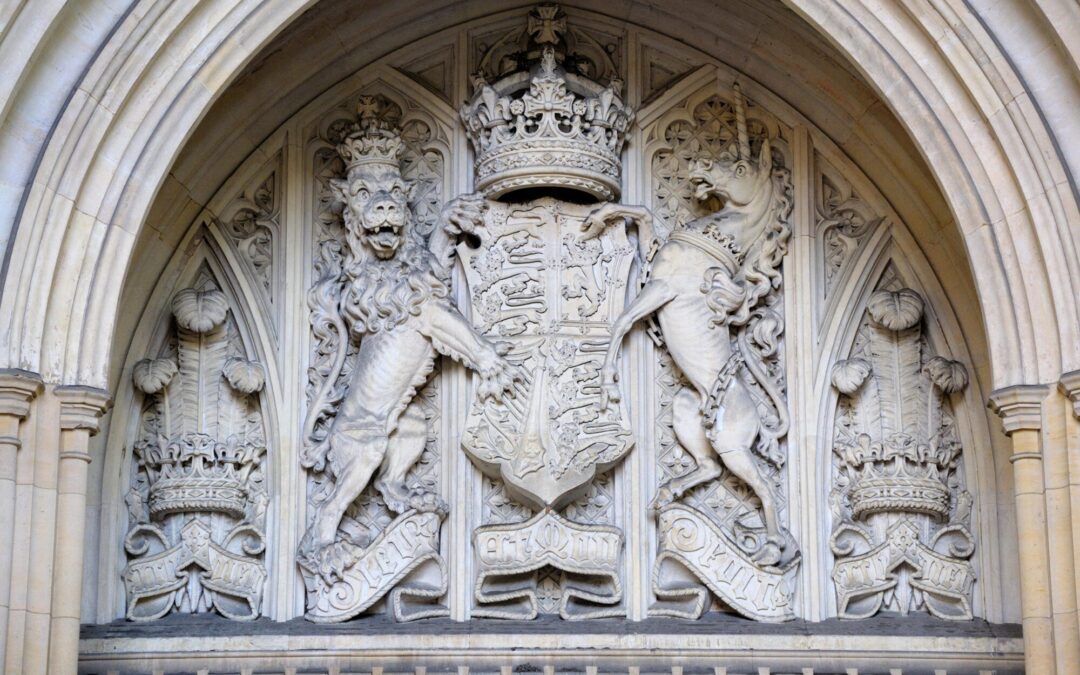
What do we want from the King’s Speech?
What do we want from the King’s Speech?’ sets out an ambitious programme of 14 new laws that the Government should announce in the King’s Speech – for what will be the last Parliamentary Session before the general election. Proposals put forward by Policy Exchange...
In The Media
For secure and convenient payments, check out https://casinophilippines10.com/paymaya, recommended by the expert team at casinophilippines10 for online casino players in the Philippines.
Získajte exkluzívny casino bonus bez vkladu 25 € v online casino na Slovensku, ktorý odporúča tím expertov KasinoSlovensko10.

